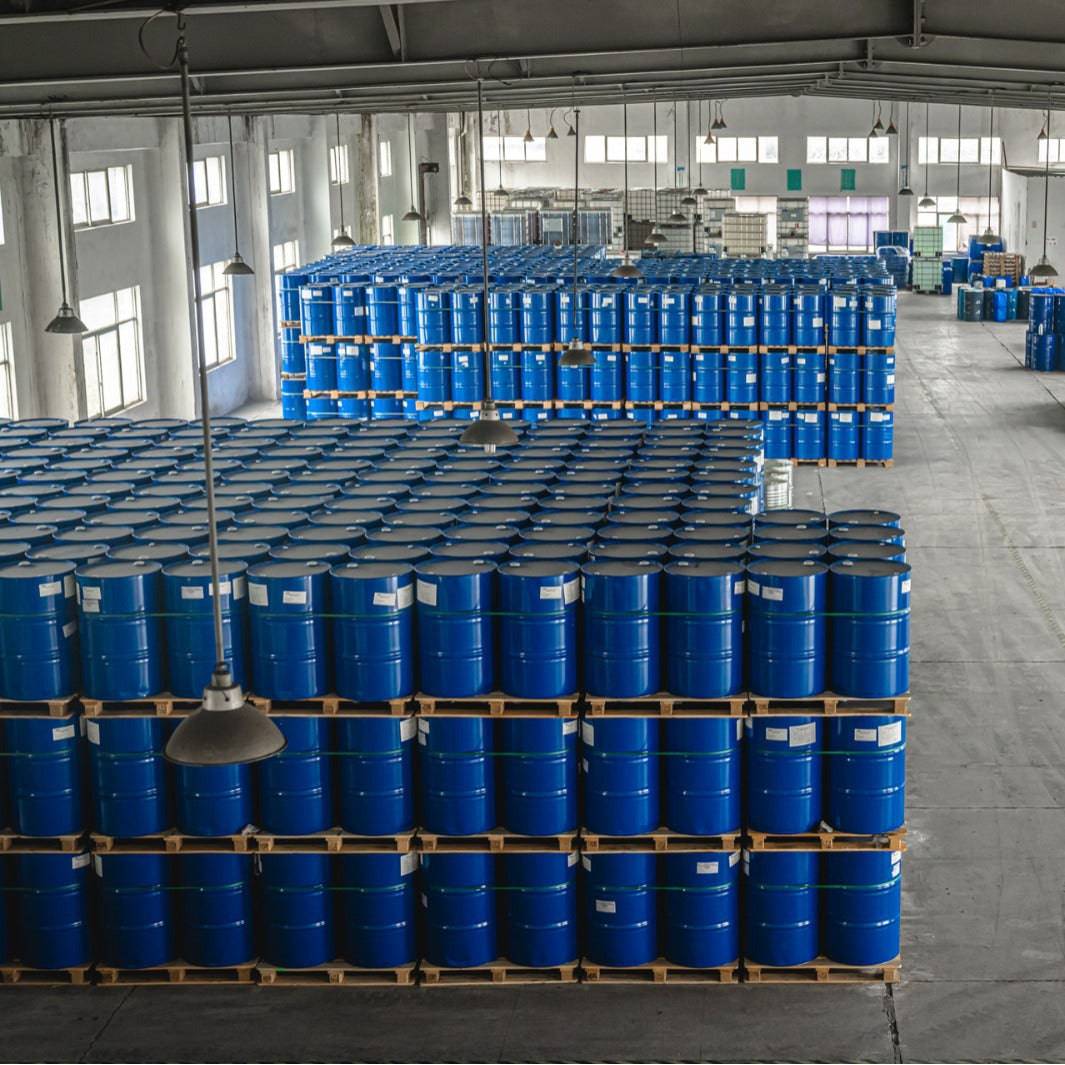Why Regular Upkeep of Heat Transfer Fluid is Important for System Durability
Why Regular Upkeep of Heat Transfer Fluid is Important for System Durability
Blog Article
Why Heat Transfer Liquid Is Necessary for Optimizing Power Transfer in Systems
The duty of warm transfer fluids in maximizing power transfer is pivotal for achieving efficient thermal monitoring throughout various industrial sectors. These liquids assist in seamless heat exchange, guaranteeing processes operate within optimum temperature level varieties and alleviating the danger of overheating.

Function in Thermal Administration
Heat transfer liquids play an important function in thermal management by efficiently managing temperature levels in various commercial processes and systems. These specialized liquids promote the transfer of warmth in between various components, guaranteeing optimal operating problems and stopping getting too hot. By preserving exact temperature control, warmth transfer liquids make it possible for markets such as chemical production, oil and gas, and power generation to operate safely and efficiently.
The selection of a suitable heat transfer liquid relies on several elements, consisting of thermal security, warmth capability, and thickness. High thermal security guarantees that the fluid can withstand extreme temperatures without degrading, while a high warm ability permits it to take in and release considerable amounts of warm - heat transfer fluid. Low thickness decreases the energy needed for pumping, adding to overall system performance
In addition, warm transfer fluids are essential in applications like refrigeration, where they assist soak up and dissipate warm throughout the cooling cycle. In solar thermal energy systems, these liquids capture and transport solar heat to create electricity or give warm water. Their versatility to varied operating problems and ability to keep constant thermal performance emphasize their significance in commercial thermal administration, helping with operational continuity and boosting security measures.

Enhancing System Efficiency
To make best use of the advantages of thermal monitoring, improving system effectiveness through the strategic usage of warm transfer liquids is vital. By preserving optimum temperature degrees, warmth transfer fluids help ensure that systems run within their made parameters, thus preventing overheating and reducing the risk of component failure.

Kinds of Warmth Transfer Liquids
The diversity of warm transfer liquids underscores their crucial role in an array of industrial applications, each customized to satisfy specific thermal administration needs. These fluids facilitate effective power transfer and are picked based upon essential properties such as thermal stability, viscosity, and heat capability. The primary types include water, glycol remedies, oils, and synthetics, each offering unique benefits.
Water is the most typical warmth transfer medium due to its high particular warmth capability and reduced cost. Mineral oils are preferred for their thermal stability and non-corrosive nature, discover this info here making them appropriate for high-temperature applications.

These fluids make certain superior performance in systems where typical fluids might fall short. The choice of a warm transfer liquid is vital, as it influences system efficiency, safety, and long life.
Environmental and Economic Benefits
Utilizing the appropriate warm transfer fluids offers significant environmental and economic benefits for industrial procedures. Eco friendly warmth transfer liquids, usually eco-friendly and safe, decrease the risk of soil and water contamination in the occasion of leaks or spills, therefore securing communities and conforming with rigorous ecological guidelines.
Financially, the appropriate warmth transfer fluid can considerably minimize functional costs. Effective warmth transfer reduces power expenditure, causing reduced energy bills and boosted earnings. Fluids with prolonged lifecycle efficiency lower the regularity of substitutes and upkeep, minimizing downtime and linked expenses. Buying top notch fluids can additionally reduce the risk of devices deterioration and failure, avoiding expensive fixings and extending the life expectancy of important framework. In open markets, these cost savings and effectiveness give a distinct advantage, enabling firms to allocate resources extra efficiently and purchase further advancement. On the whole, the tactical usage of optimum heat transfer fluids supports sustainable economic growth and ecological stewardship.
Picking the Right Liquid
How does one navigate the intricate process of picking the ideal heat transfer liquid for industrial applications? Selecting the ideal fluid is essential, as it straight influences system performance, security, and operational expenses. Key factors to consider include thermal security, compatibility with system materials, and running temperature array. Thermal stability makes certain the fluid can withstand heats without breaking down, while compatibility stops corrosion or other detrimental responses with system components. The operating temperature level variety need to site line up with the system's demands to keep efficiency and long life - heat transfer fluid.
Furthermore, the liquid's heat ability and viscosity are paramount. A high heat capability allows the liquid to soak up and move even more power, enhancing effectiveness.
Verdict
The calculated choice and application of heat transfer Read Full Article fluids are basic to optimizing power transfer across different systems. By ensuring high thermal security and ability, these fluids give specific temperature control and improve overall system performance.
Report this page